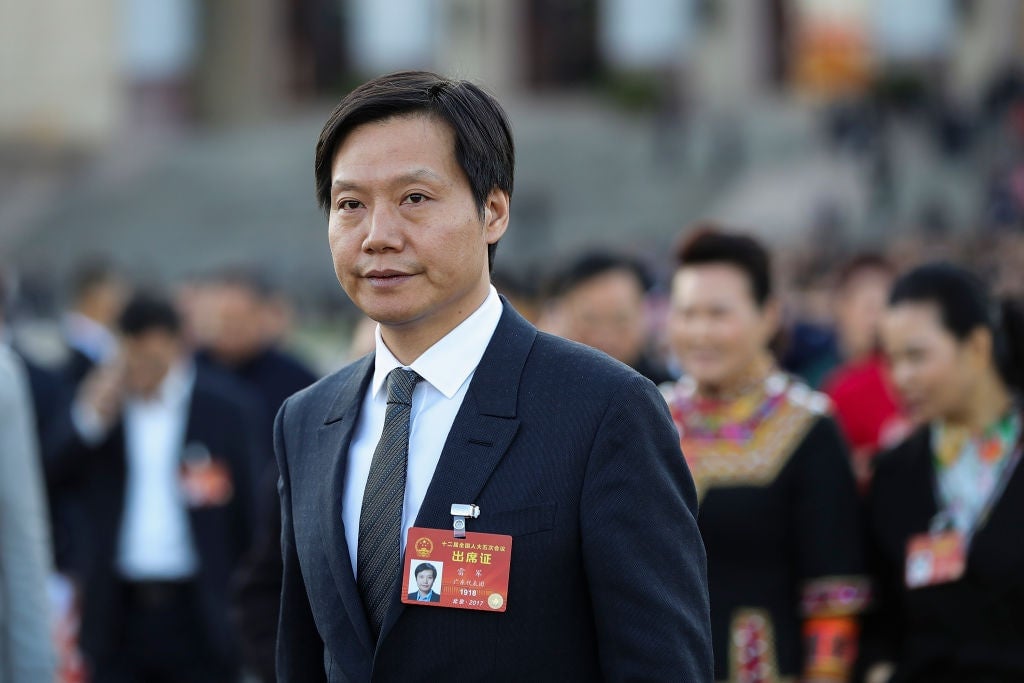China's Xiaomi will spend $7 billion on homegrown chips amid the trade war
The Chinese tech giant is committing to a decade-long plan, its CEO says

China’s Xiaomi will invest at least $6.9 billion over the next decade to develop its own semiconductor chips, the company announced Monday.
Suggested Reading
CEO Lei Jun made the announcement in a post on the Chinese social media site Weibo. He said the tech giant is “well aware of the difficulty of chip manufacturing,” but it has “formulated a long-term and continuous investment plan: at least ten years of investment, at least 50 billion yuan, steady and steady, step by step.”
Related Content
The first chip, the Xring 01, will be unveiled at a company event on May 22.
Xiaomi previously started making its own chips beginning in 2014, unveiling them three years later, but the project was eventually scrapped due to a number of setbacks. The new chip initiative began in 2021, Lei wrote Monday.
“Xiaomi has always had a ‘chip dream’ because, in order to become a great hard-core technology company, chips are a peak that must be climbed and a tough battle that cannot be avoided,” he said.
The company will manufacture integrated chips for use with its own smartphones. Apple (AAPL) popularized the so-called system-on-a-chip (SoC) process, which combines essential functions on a single circuit to save space and power. Apple’s in-house chip designs have helped it remain dominant in the tech space.
Xiaomi has relied on San Diego-based Qualcomm (QCOM) and Taiwan’s MediaTek for chips, according to Business Insider. Qualcomm will reportedly continue to do so, yet stock was down about 1% Monday morning.
The move makes Xiaomi the latest Chinese tech firm to focus on developing its own chips amid the U.S.-China trade war. In April, Huawei announced that it was getting ready to test powerful, new AI chips that could rival those made by Nvidia (NVDA).
In addition to the tariffs placed on China by President Trump last month, the U.S. has been restricting chipmakers from selling certain chip technologies to Chinese firms for years in an effort to curb the country’s advancements with AI chip technology. The approach has hurt business for U.S. chip makers such as Nvidia, which previously sold components to many Chinese firms.
